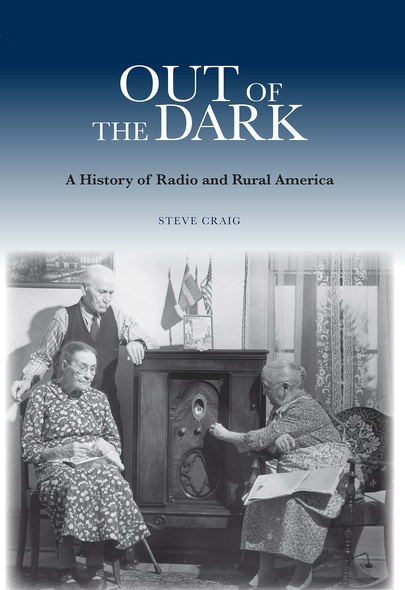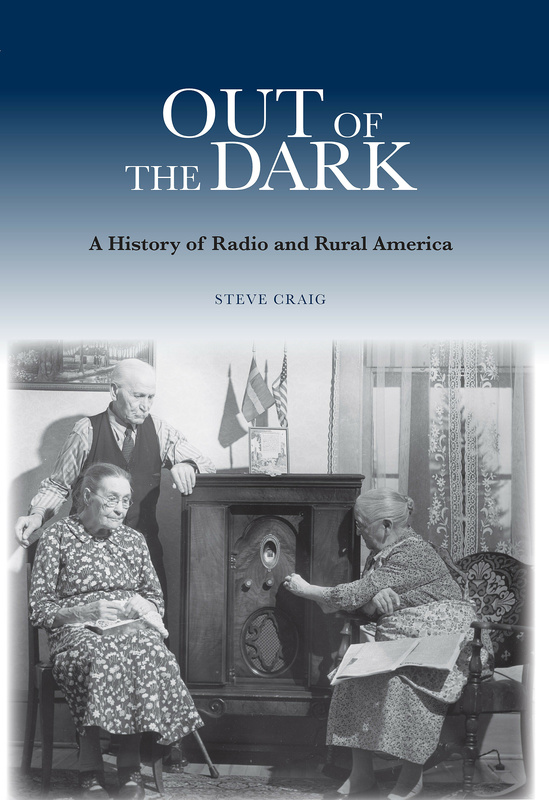In the 1920s, the USDA asked farmers about the impact the new medium of radio was having on their lives. One farmer summed it up this way: "Radio brought me out of the dark."
Out of the Dark is a study of radio's impact on rural America in the three decades between its inception and the arrival of television. The coming of radio broadcasting had a profound impact on the lives of many Americans, but none more so than those who lived in rural America. Radio provided isolated families with something they had never known before--an instantaneous connection with news, entertainment, and the rapidly evolving lifestyles and mores of the entire nation.
Drawing upon both new historical sources and contemporary scholarship, Out of the Dark presents a comprehensive picture of rural radio and its audience in the United States during the three decades when its influence was at its peak.
This study documents the social changes radio helped bring about, such as the effects of advertising and entertainment in creating a more uniform set of values across the nation and, consequently, a stronger national identity. Out of the Dark also addresses the political and economic impact the rural audience had on the development of the broadcasting industry and its regulation; the role played by the USDA in the promotion and development of rural radio; and an analysis of how radio entertainment and advertising contributed to the growing demand for consumer goods among rural families, thus speeding their entry into the modern American lifestyle.
Out of the Dark is a study of radio's impact on rural America in the three decades between its inception and the arrival of television. The coming of radio broadcasting had a profound impact on the lives of many Americans, but none more so than those who lived in rural America. Radio provided isolated families with something they had never known before--an instantaneous connection with news, entertainment, and the rapidly evolving lifestyles and mores of the entire nation.
Drawing upon both new historical sources and contemporary scholarship, Out of the Dark presents a comprehensive picture of rural radio and its audience in the United States during the three decades when its influence was at its peak.
This study documents the social changes radio helped bring about, such as the effects of advertising and entertainment in creating a more uniform set of values across the nation and, consequently, a stronger national identity. Out of the Dark also addresses the political and economic impact the rural audience had on the development of the broadcasting industry and its regulation; the role played by the USDA in the promotion and development of rural radio; and an analysis of how radio entertainment and advertising contributed to the growing demand for consumer goods among rural families, thus speeding their entry into the modern American lifestyle.
Steve Craig is the coauthor of Consuming Environments: Television and Commercial Culture and editor of Men, Masculinity, and the Media.






